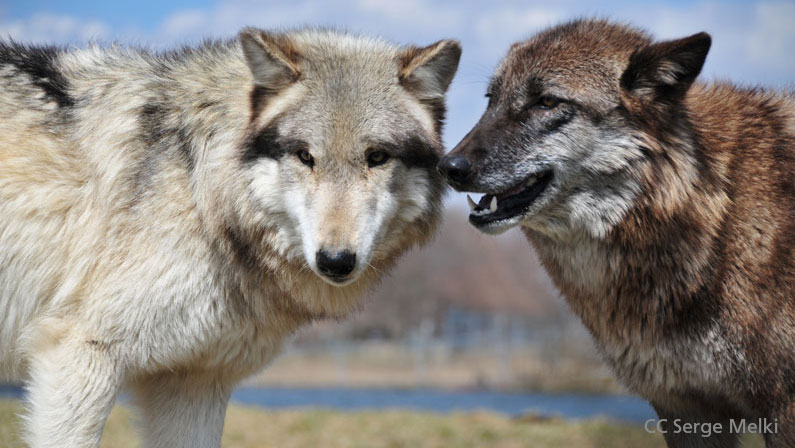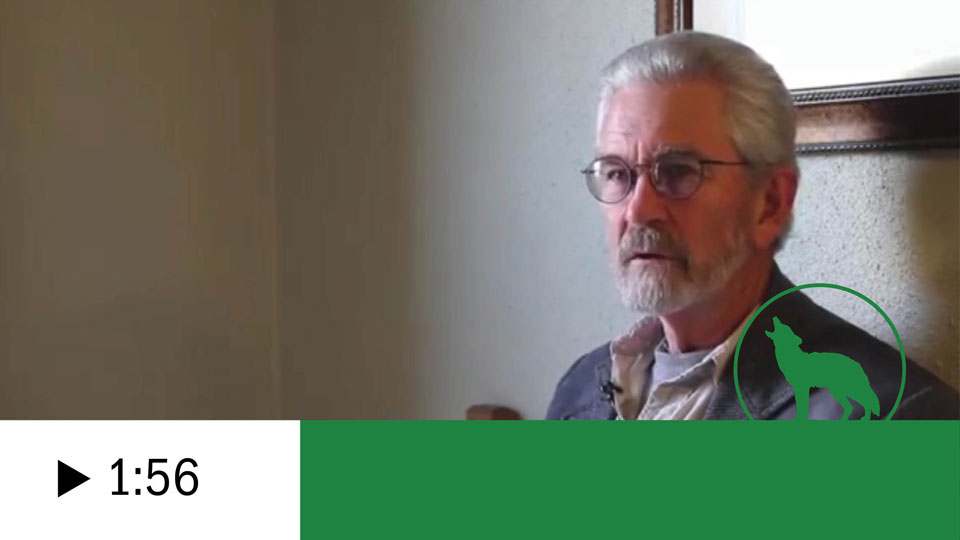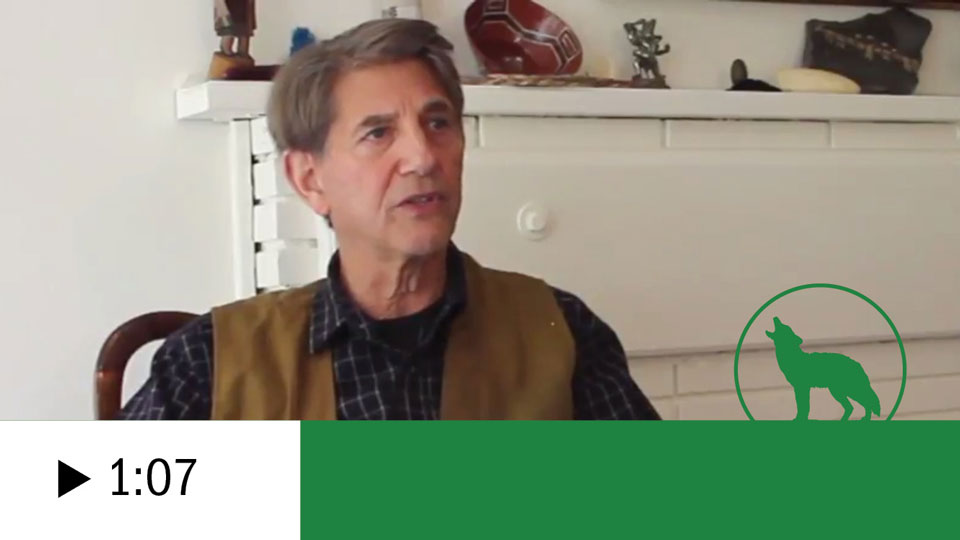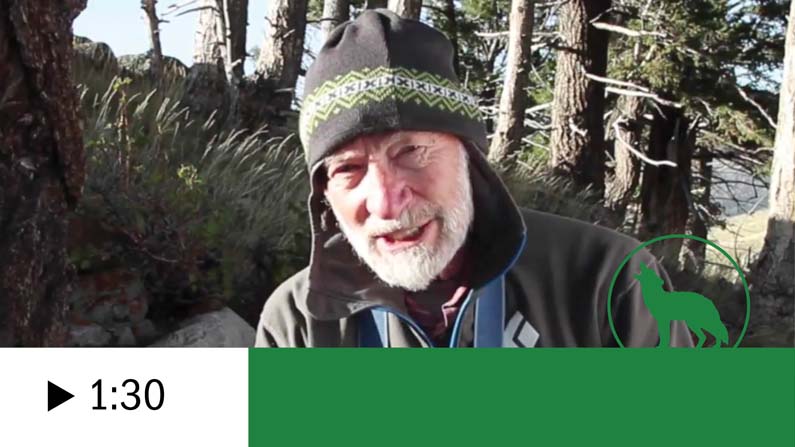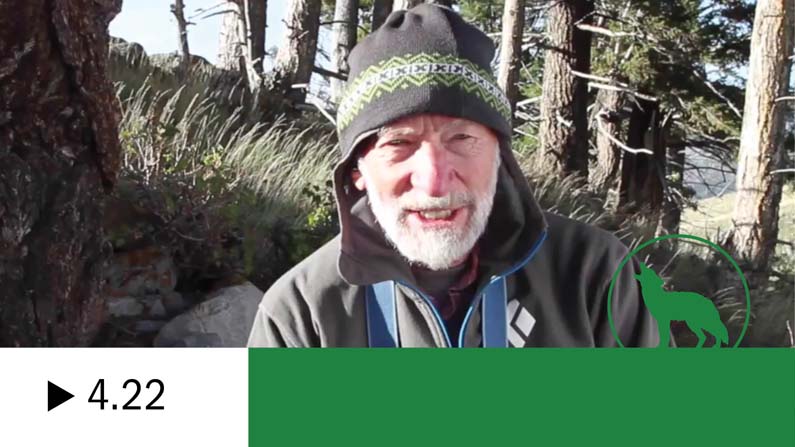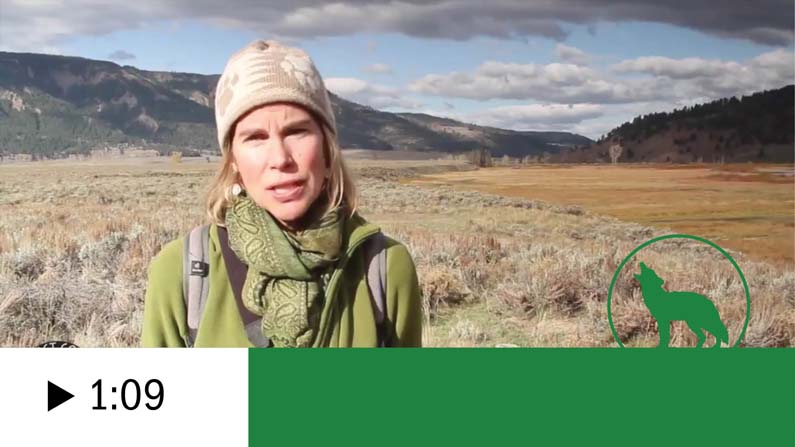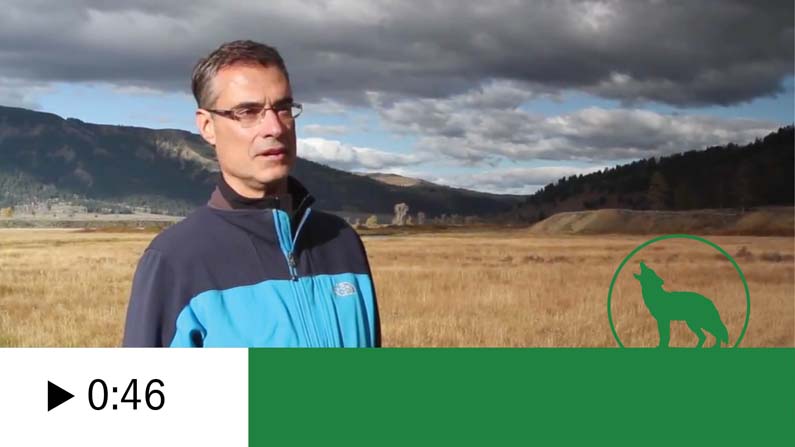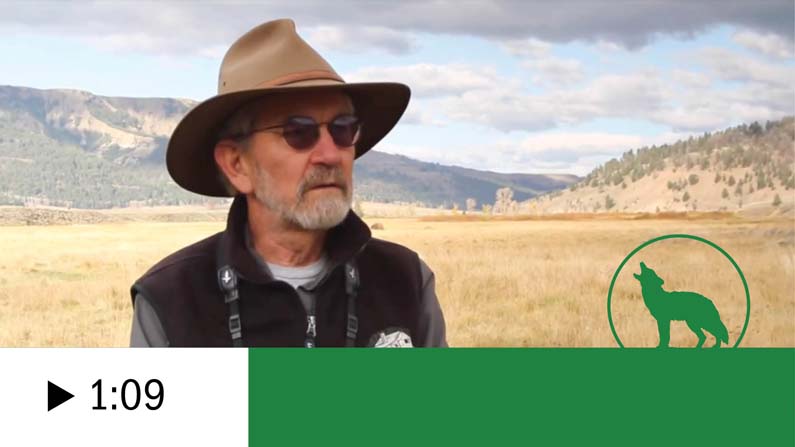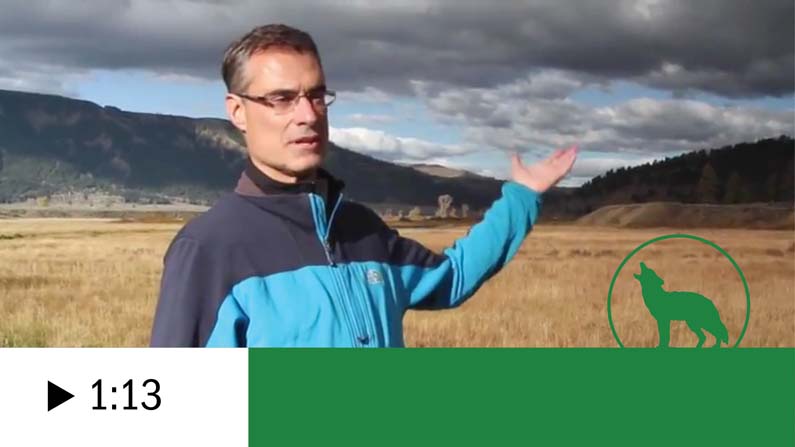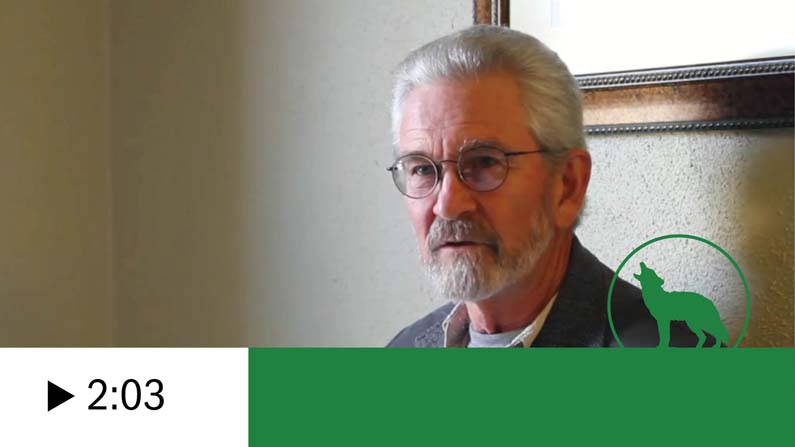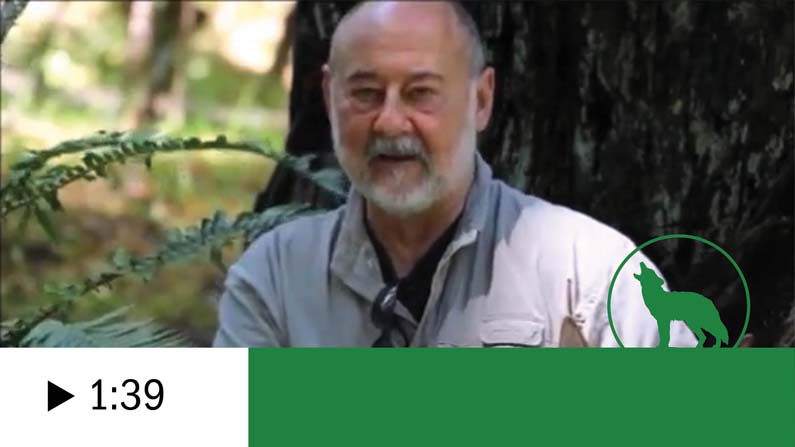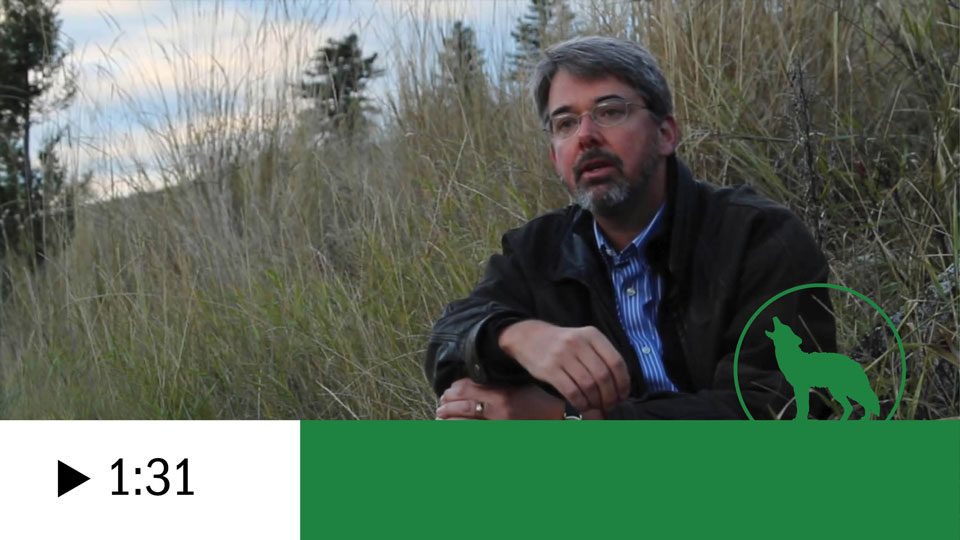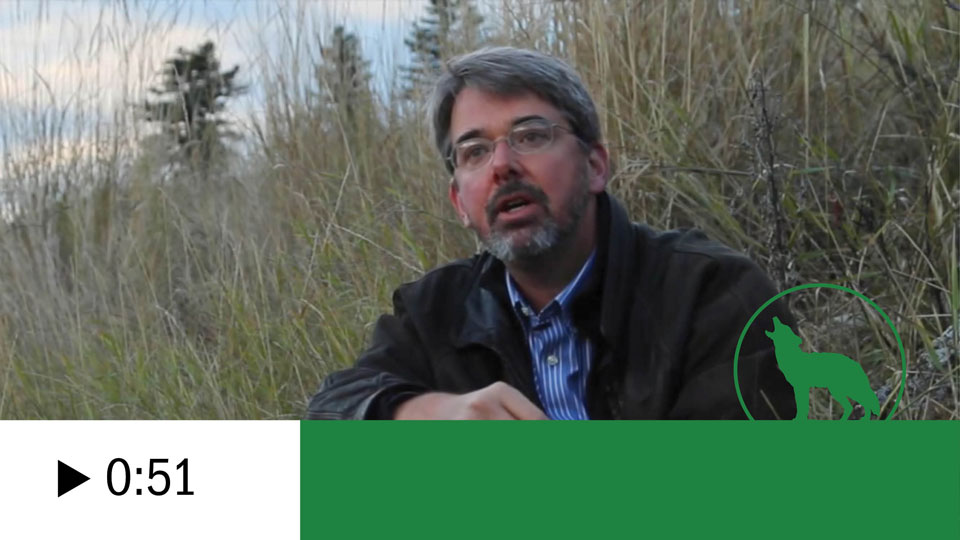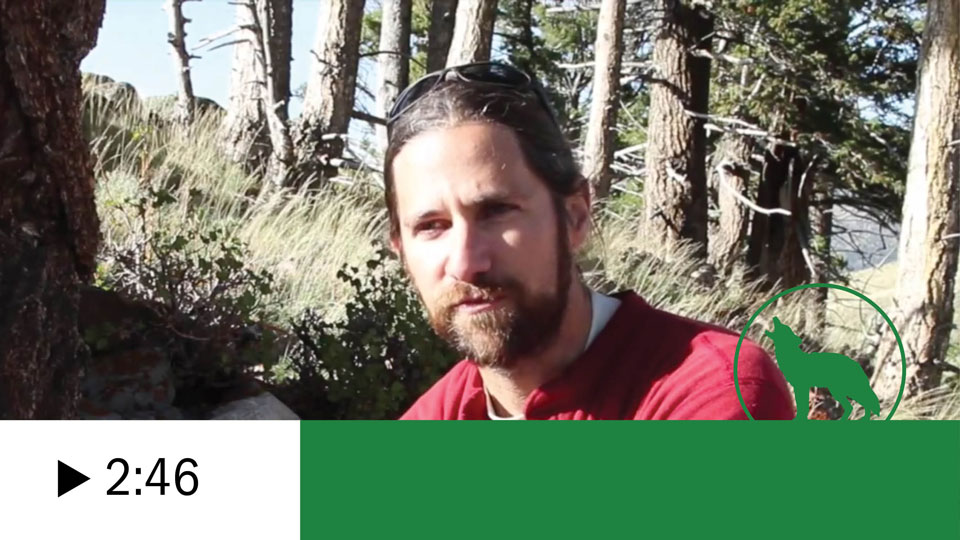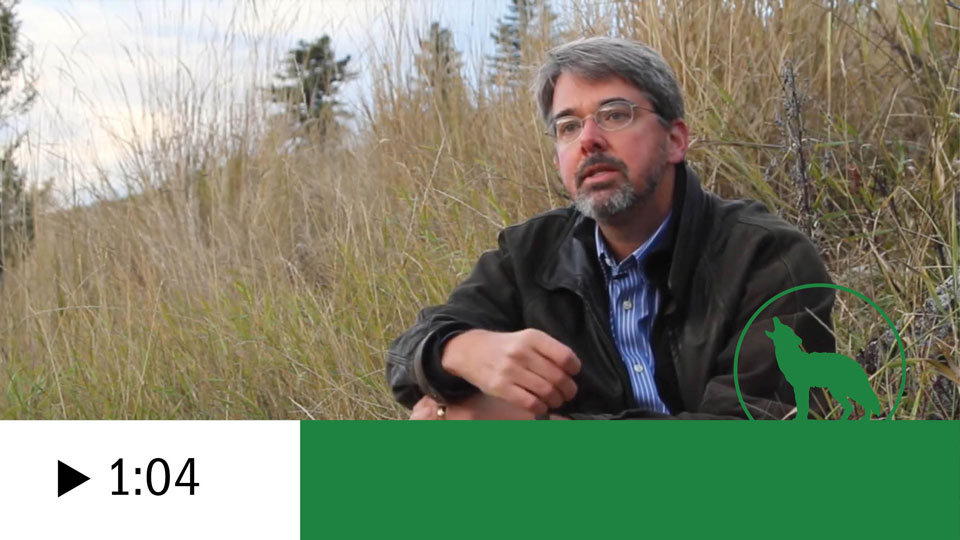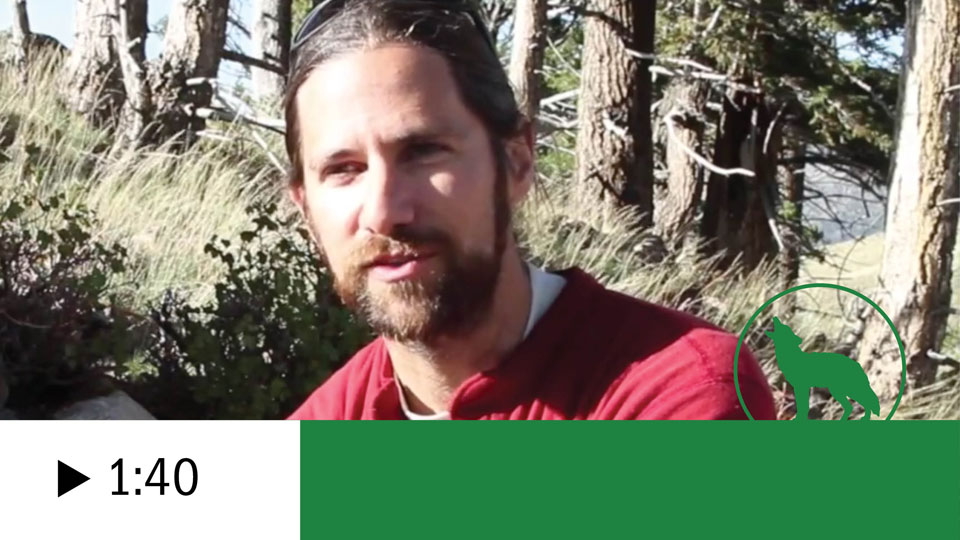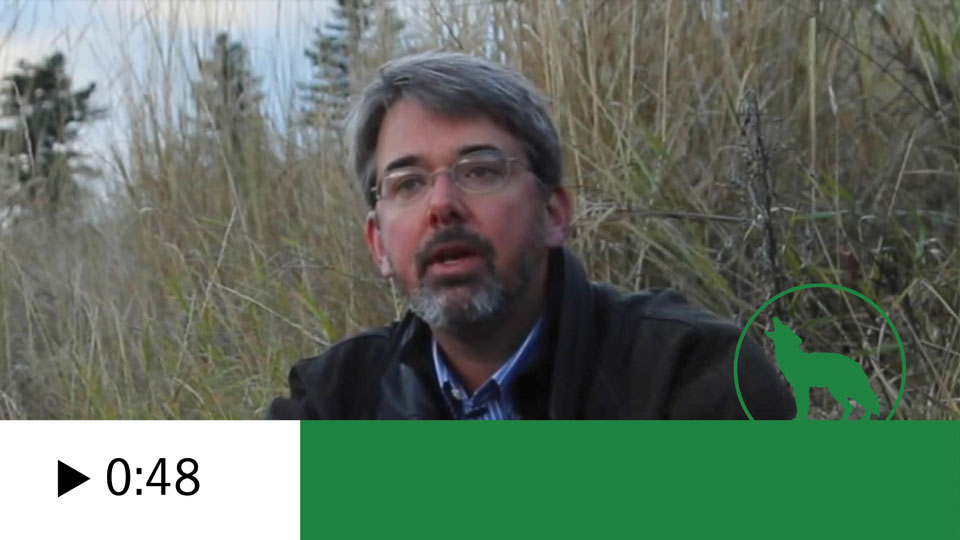
SCIENCE & ETHICS
CREATING A NEW CONSERVATION MODEL BASED ON COMPASSIONATE COEXISTENCE & SCIENTIFIC INTEGRITY
Because of the threats facing North America’s native carnivores, a new approach to carnivore conservation is needed—one built on best available science that also integrates ethics and animal welfare.
Project Coyote is working to create this new model in order to guide state and federal wildlife management policies and practices. We believe that considering the intrinsic value and interests of the individual animal – in addition to species’ populations – is fundamental to furthering wildlife conservation.
Our Science & Ethics Advisory Board, which includes some of the most renowned canid and conservation biologists and ecologists in the world, is on the front lines advocating for this new approach to carnivore conservation.
We build coalitions that bridge the gap between conservation and animal protection, united by the goals of planetary health and stewardship.
Learn more about Project Coyote’s Science Advisory Board and the work they are undertaking.

